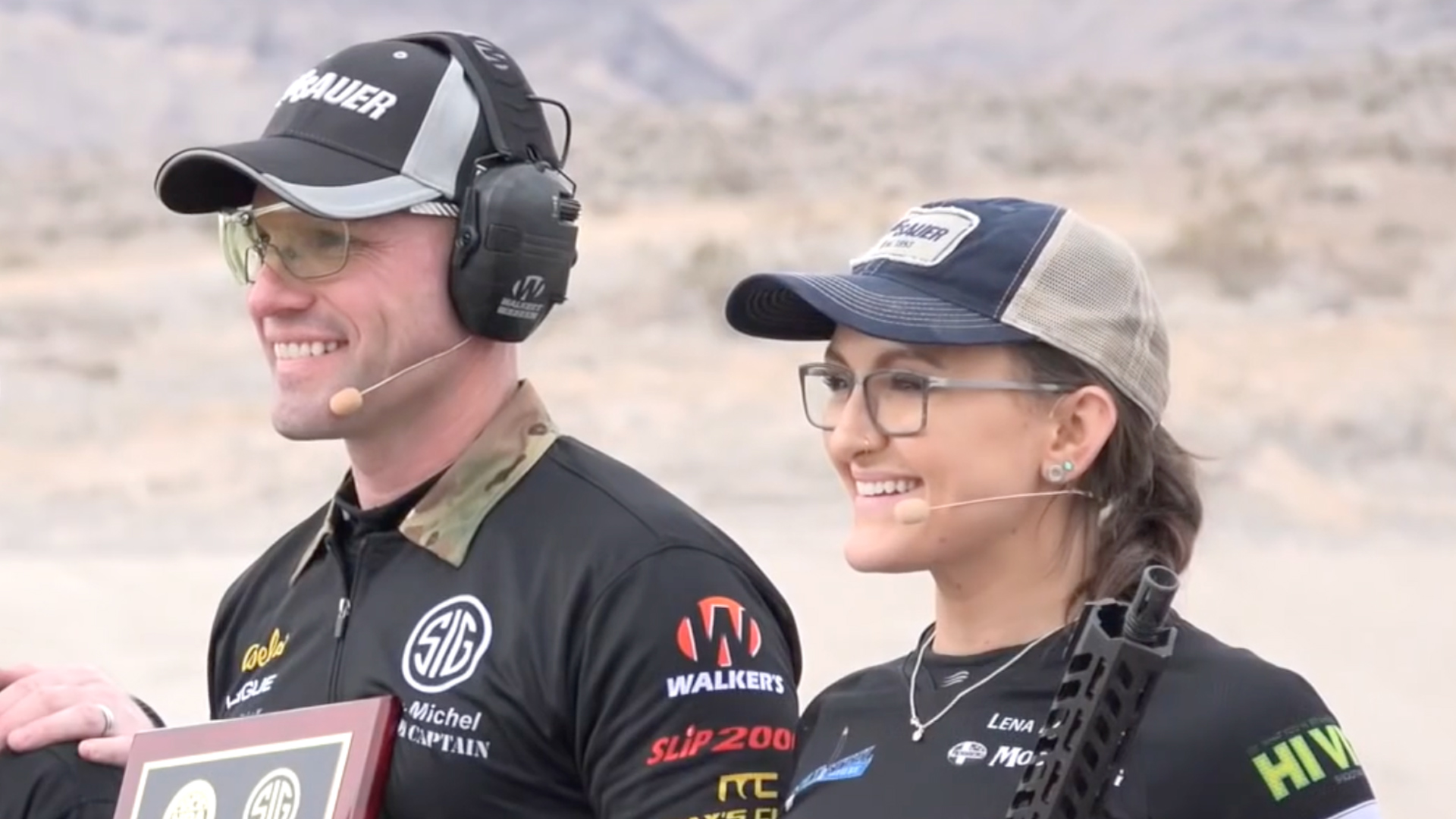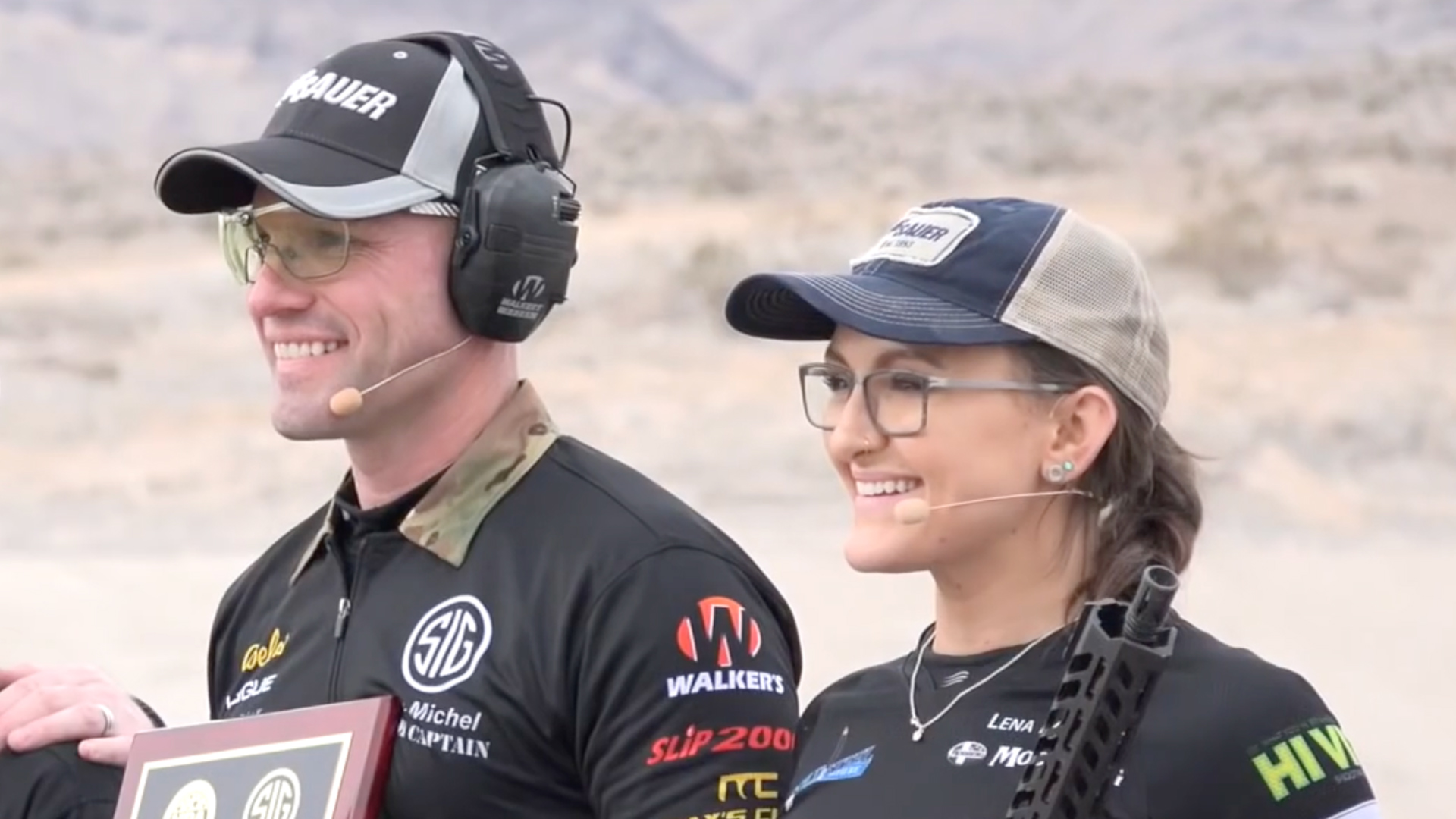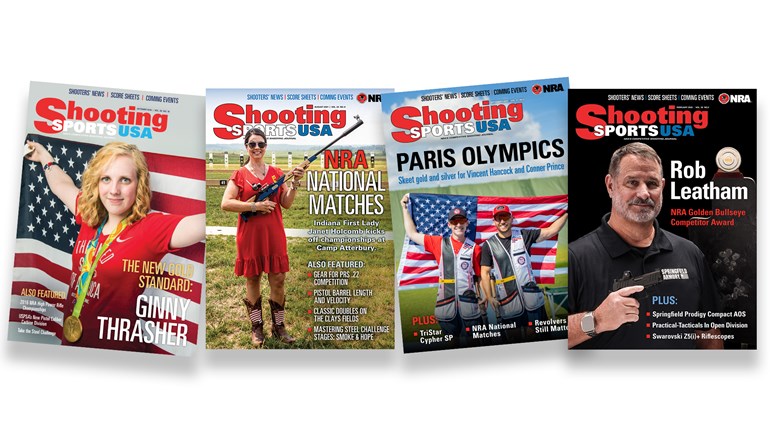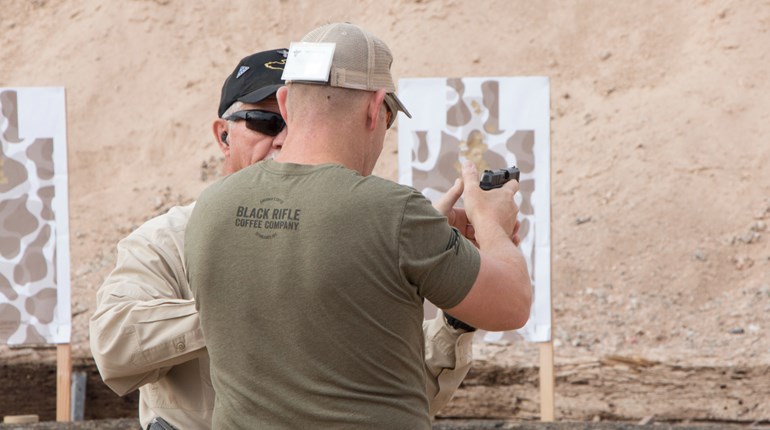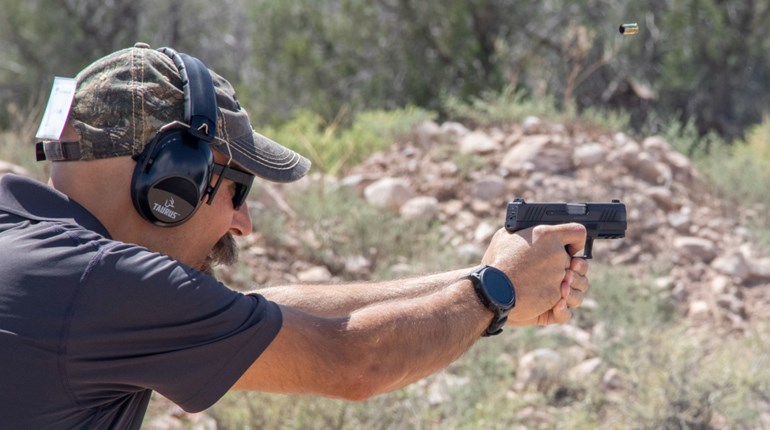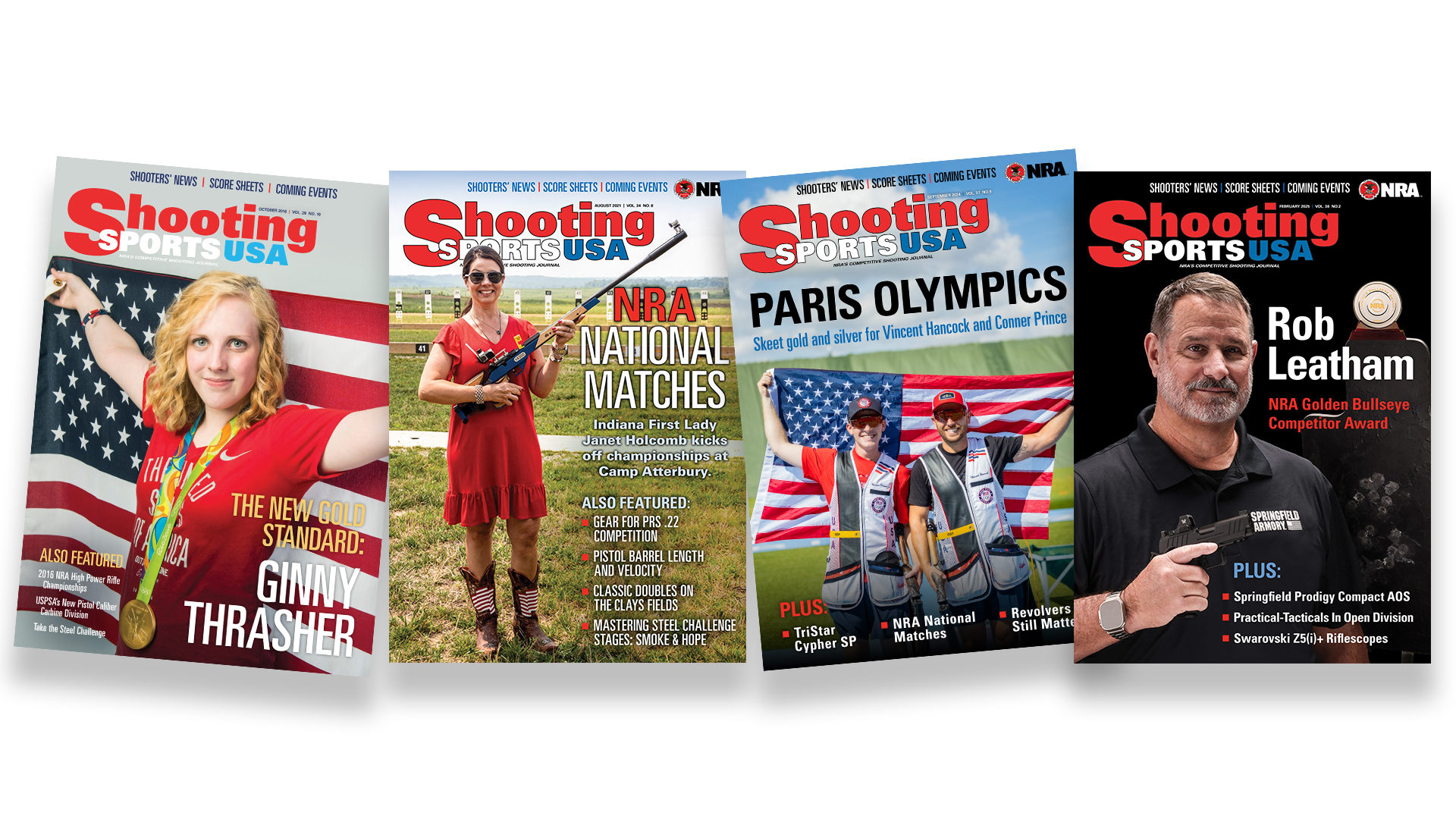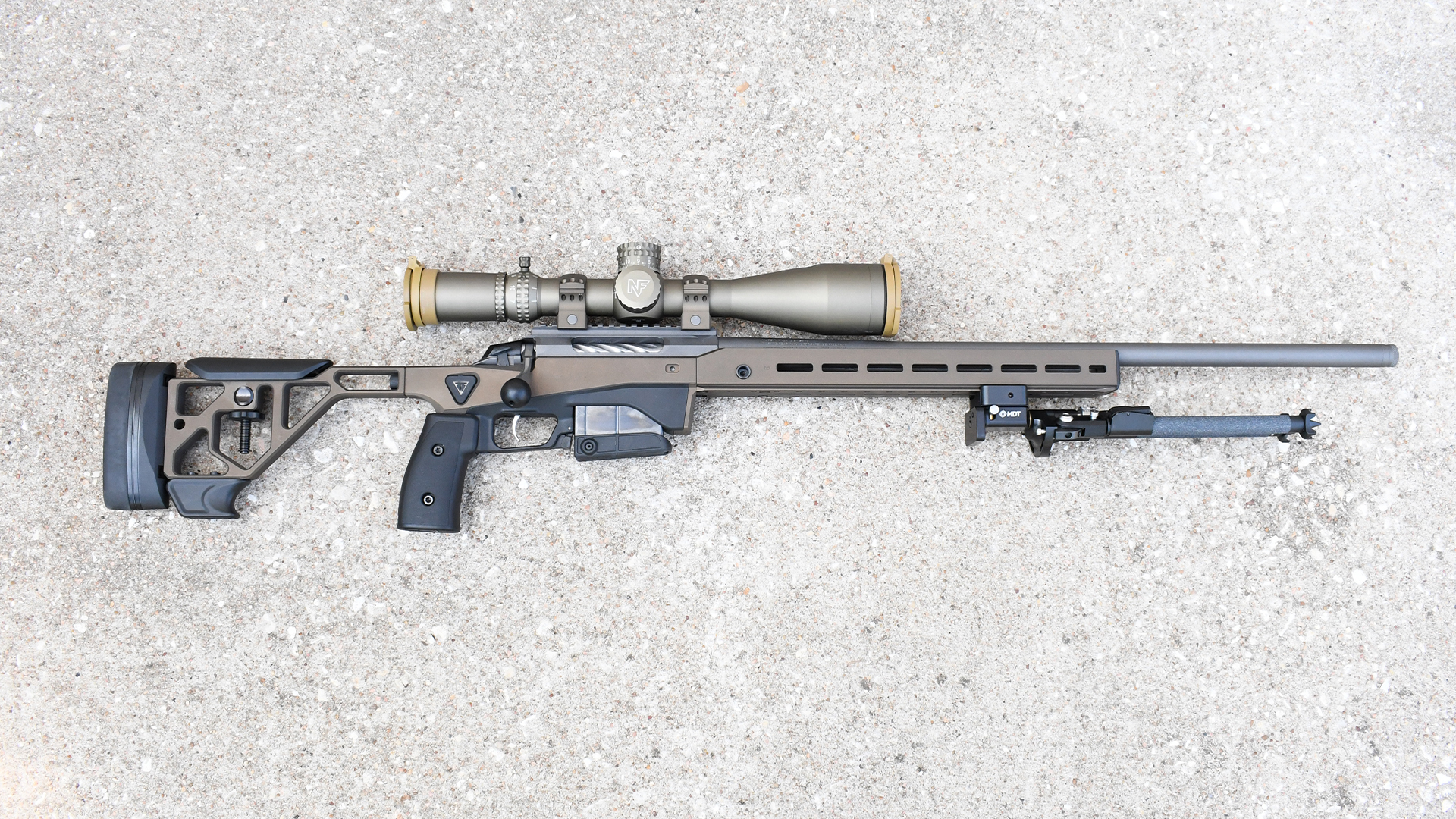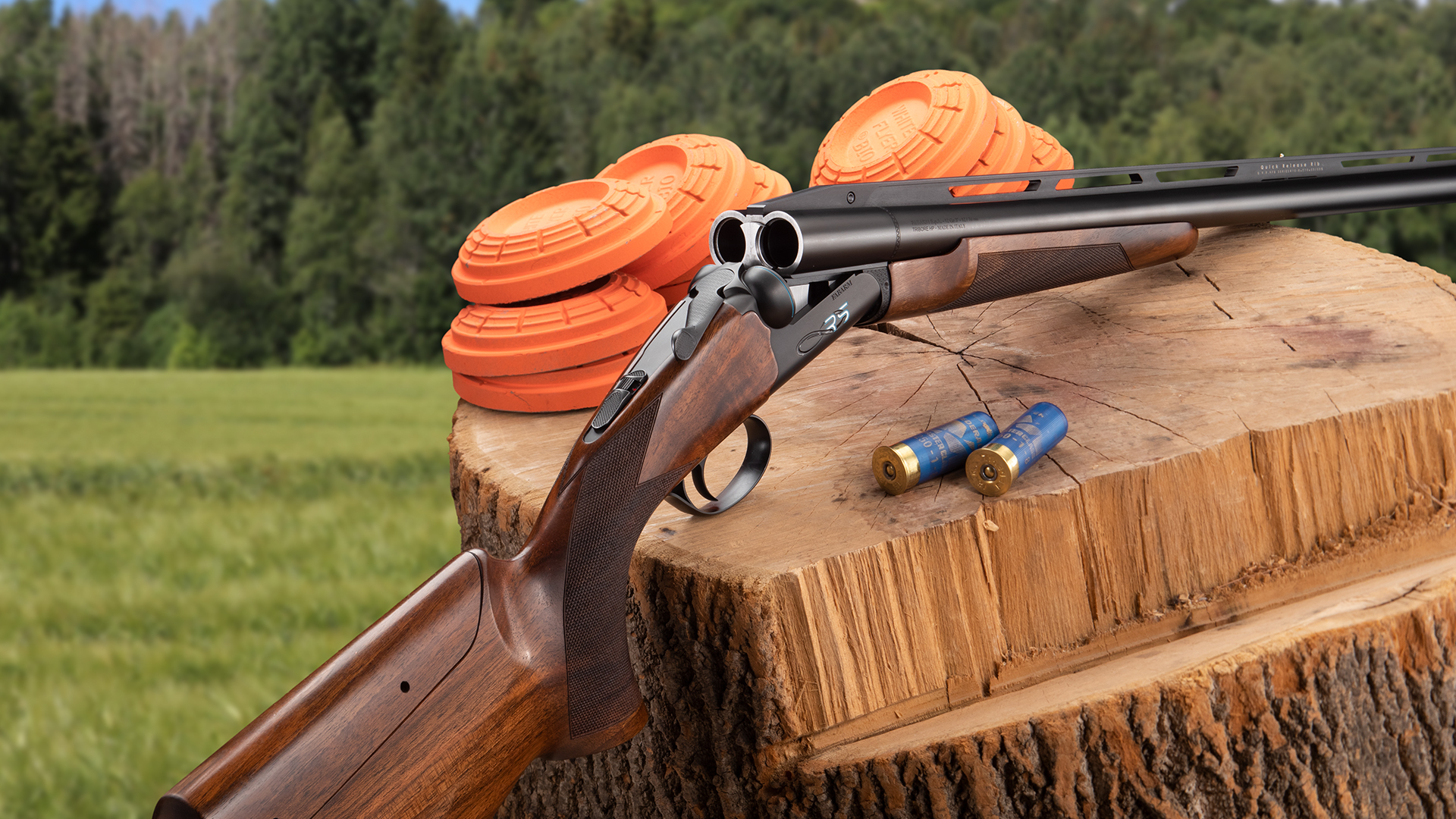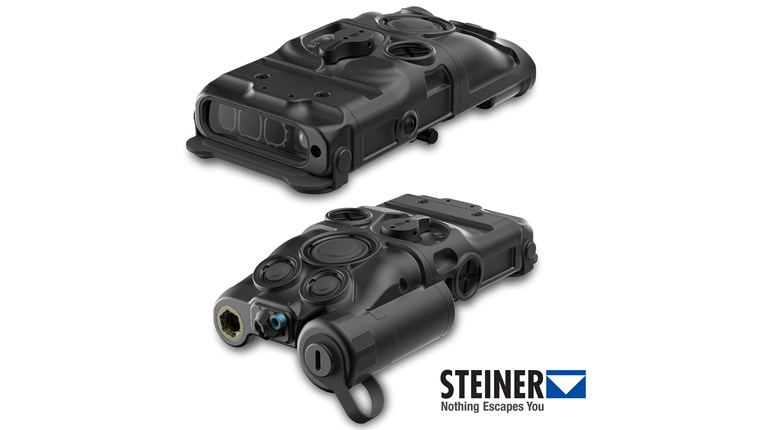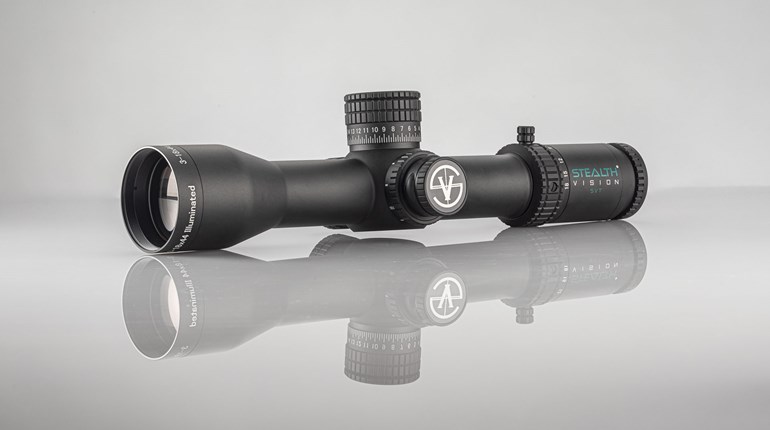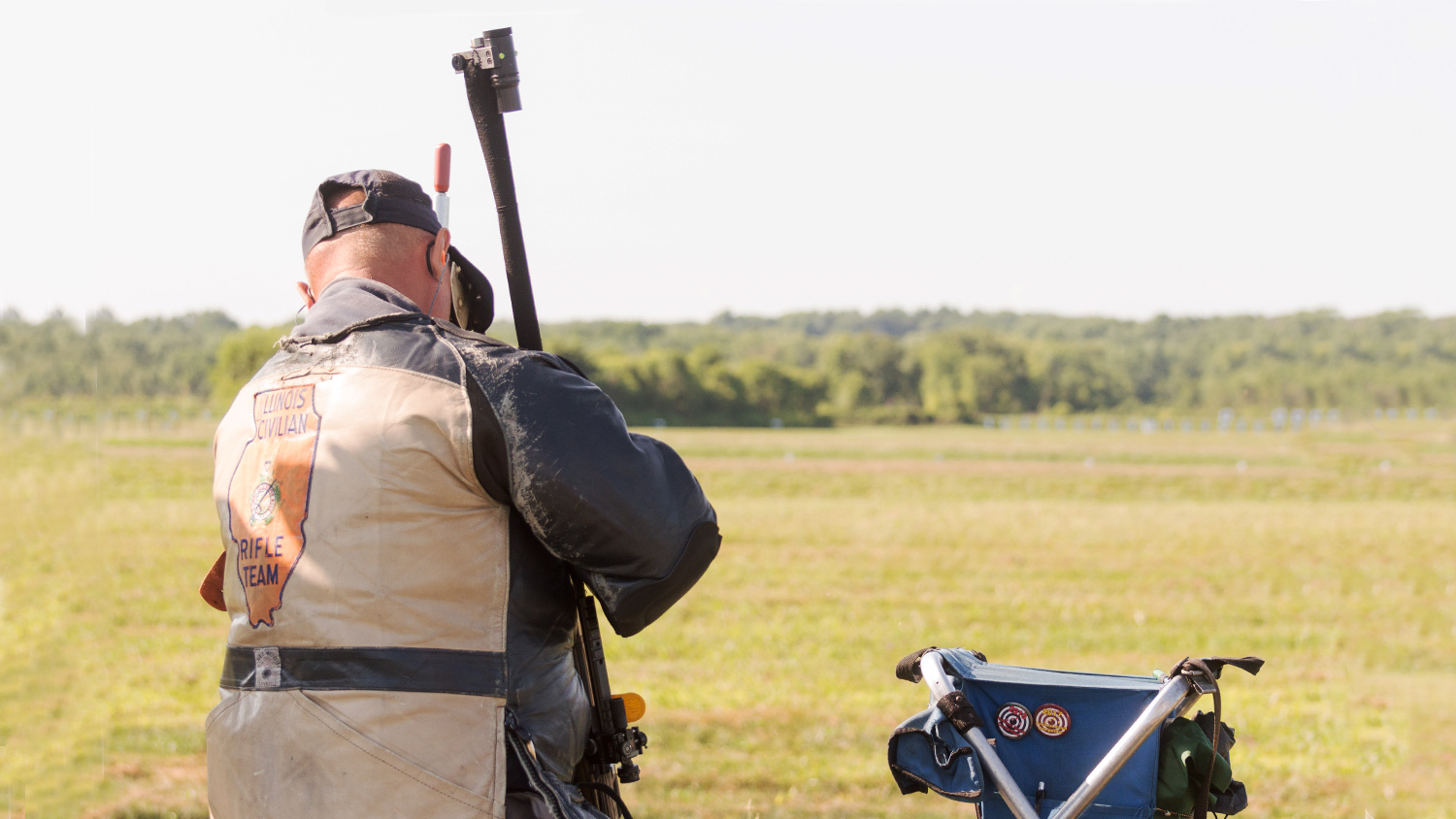
Tournament officials are not the only ones who have duties at a match. The success of any match depends as much on competitors as it does on the proper functioning of the tournament officials. Match personnel and competitors must work together during a tournament.
Here are four general rules which, if practiced consistently will contribute to the smooth operation of any competition—as well as making you a welcome addition to that match.
Know the Program
The only way to know both what to expect at a match, as well as what is expected of you, is by thoroughly reading the program. Simply saying, “I didn’t know that,” isn’t going to make any difference to the other competitors—or to a jury. The conditions under which the match is going to be fired are listed in the program. Once your entry fee is paid, you’ve accepted those conditions. Familiarizing yourself with the program in advance is the only way to be sure that you will be free to concentrate on your shooting.
Check your Equipment
The night before you leave for a match, get all of your equipment together in one place and make sure you have everything you will need. Be sure that your ammo is correct for the gun you will be shooting, and that you have enough for the course of fire planned. Take along a screwdriver, pencil or ballpoint pen (fiber tips are terrible in the rain) and your eye and ear protection. Even if you do not normally wear glasses, and you are positive shooting .22 LR will not bother you, eye and ear protection is a necessity. Many ranges have a mandatory eye and ear protection requirement.
Don’t forget the rain gear—you would rather have it and not need it than the other way around. Be sure to take your data book, classification card (or silhouette record book) and have your NRA membership number handy. Eventually, most of the above will become automatic, but it never hurts to use your checklist each time.
Guns and Ammunition
Make absolutely certain that the gun or guns you are going to use are clean, in the best of condition, zeroed, and legal for the tournament. Where appropriate, you will want to take along extra magazines or clips. Again, be sure you have enough ammo to complete the tournament, including extras for possible refires or shootoffs. You would hate to forfeit a match because you ran out of ammunition halfway through a shootoff.
Know the Rules
How well do you know the rules? All competitive shooters, novice or experienced, should have a copy of the current rulebook for the discipline they are shooting, and should be familiar with it. If a rule is unclear to you, ask a tournament official or the referee for help. For any questions regarding NRA disciplines, contact the NRA Competitive Shooting Division by calling 1-877-NRA-MATCH or emailing [email protected] for clarification.
There are two important things to remember about the rules:
- The rules apply to everyone—from a High Master with several National Championships under their belt—to a Marksman attending his/her second match.
- You may not agree with all the rules, but you must follow them.
Here’s more articles that will help you to be a more successful competitive shooter:
- 5 Ways To Reduce Anxiety At Your First Match
- 5 Essential 3-Gun Drills For Shotgun
- 8 Competitive Shooting YouTube Channels You Need To Watch
- 6 Tips For Improving Rimfire Rifle Accuracy
- 5 Key Changes You Need To Make To Improve Your Prone Position
- 7 Competitive Shooting Books You Need To Read
- 7 Key Things You Need To Enter Action Pistol Competition
- 11 Easy Ways To Succeed At Matches
- 10 Of Our Best Articles On Handloading











